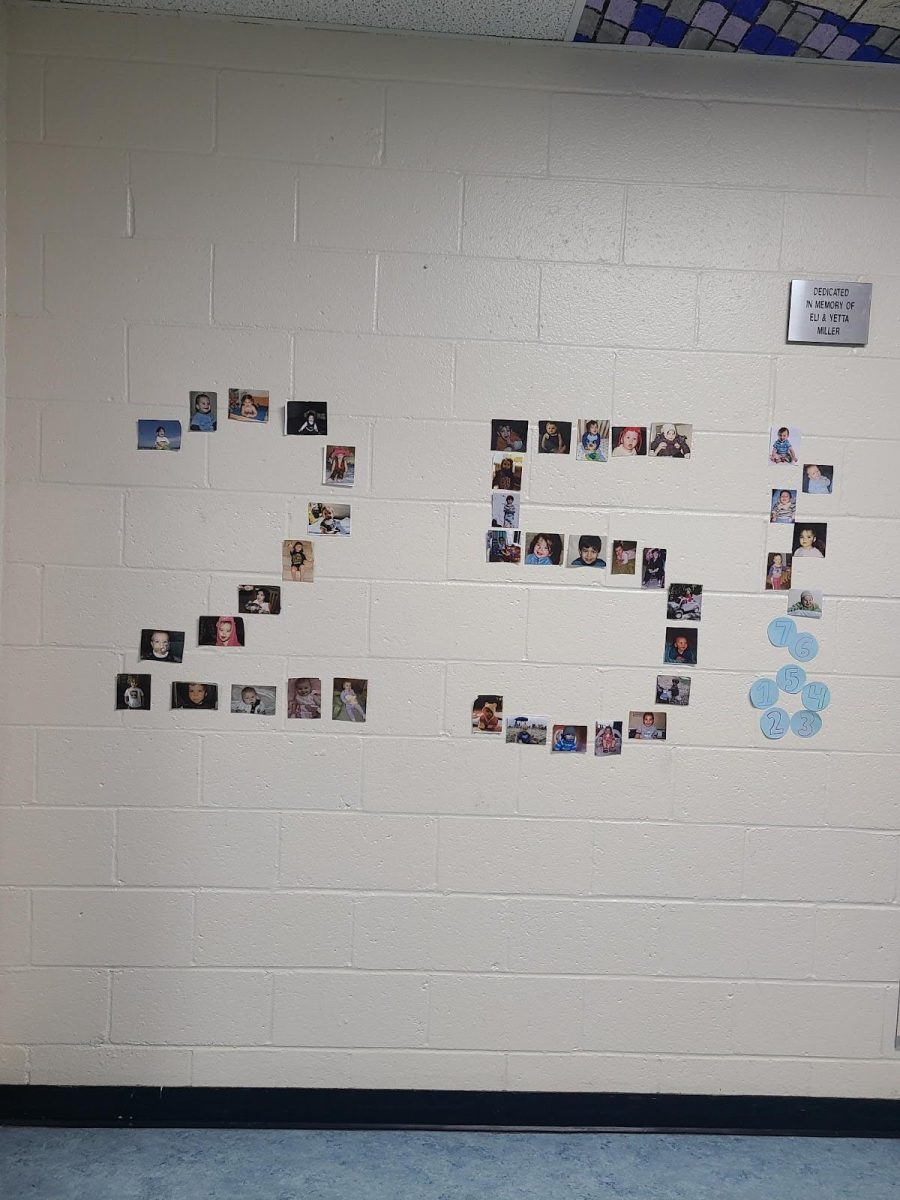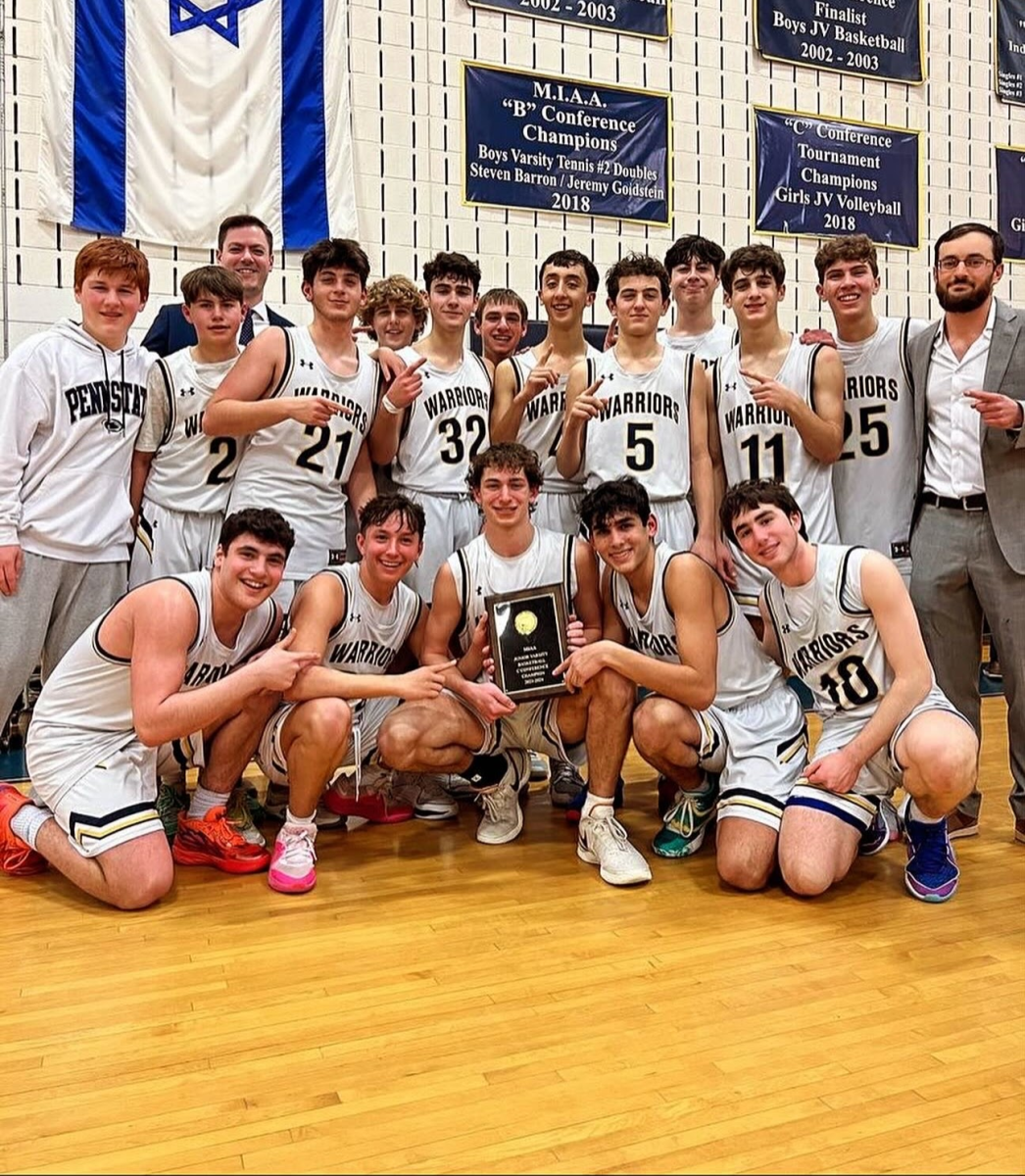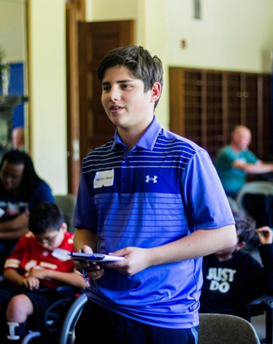In the hallways of Beth Tfiloh High School, the buzz is not just about the latest sports victory or upcoming event; it’s increasingly about ChatGPT, a revolutionary AI-powered tool that is changing the landscape of education for both students and teachers. While the technology serves as an invaluable resource for research, writing assistance, and even emotional support, its impact is a double-edged sword. On one hand, students have access to instant, expert-level advice for their academic queries, making homework and projects a breeze. Teachers, too, can utilize this tool to enrich classroom discussions and automate administrative tasks. However, this convenience comes at the cost of potential academic dishonesty and over-reliance on technology. As we navigate this new frontier, the question remains: Is the rise of ChatGPT a boon or a bane for the Beth Tfiloh community?
I did not write this introduction or title, it was in fact the AI-machine ChatGPT that introduced itself to you. This unique tool, that is said to change the way the world operates, is something that some schools are looking to limit. Chat GPT, operated by Open AI, launched at the end of November 2022. As the most popular of the many public AI tools, ChatGPT has set the standard for machine learning interacting with humans.
ChatGPT has a major connection to the Jewish community. In fact, the CEO of OpenAI, Sam Altman, is Jewish. Besides Altman, billionaire Elon Musk was also among the group of founders, helping fund and boost the capabilities of the language model.
Some schools and districts around the country have allowed students full access to ChatGPT and its resources. At Northwestern University some professors such as Nina Wieda are using Chat as a “brainstorming body, as something that can provide them with potential criticisms and perhaps point out counterarguments.” Many schools around the country, such as the high schools and universities in the Chicago area, have embraced the AI tools, and teachers have begun to teach with them, not around them. Other schools around the country are firmly against Chat GPT, using arguments such as it is reducing creativity, and breaking academic integrity rules. Here at Beth Tfiloh, teachers and students have mixed feelings about the software.
Dr. Rubin, head of the Jewish History department at Beth Tfiloh and 25 year journalist, believes Chat GPT is just “a tool in the toolbox” that has its positives and negatives. Dr. Rubin compares the model to Wikipedia in the way that sometimes sources must be verified and may not be accurate. On his essays, Dr. Rubin strictly prohibits AI assistance, even going as far as giving students zeroes for partially AI-contributed essays. Beth Tfiloh has actually invested money into advanced “Chat GPT detectors” to catch students in the act. This approach is very common among high schools in the United States, and Beth Tfiloh is very adamant that using AI goes firmly against the school academic integrity policy.
The free version of ChatGPT, available publicly is GPT-3.5. With a monthly subscription, users can also get access to GPT-4. The second option is more technical and advanced, and can give longer, more sophisticated answers, with a good prompt. It can use extensions to read websites, analyze statistics, and create graphs for the user to implement. Experts say it is up to ten times as powerful as the previous version, which makes you wonder just what insane product comes after this. For now, AI is not necessarily taking more jobs and opportunities than it is creating; however, many people fear that some of the essential industries in the country can be completely overtaken by artificial intelligence within the next decade. They said that when the internet came out and we can now discern that the internet created countless more jobs than it took.
AI can co-exist with students in schools, and teachers can teach with the service instead of doing everything in their power to limit it. However, with those positives, come risks that many teachers believe will take authentic learning out of the classroom. For now, ChatGPT being limited in schools is probably smart, but in the future, AI in the classroom is inevitable, and teachers will eventually need to incorporate it into their curriculums, regardless of whether they want to or not.








